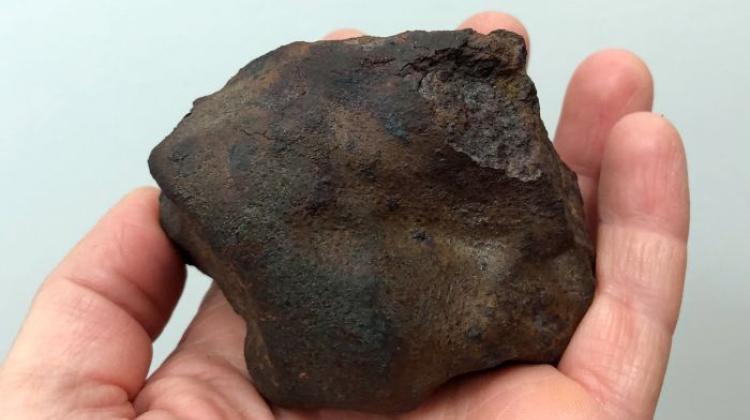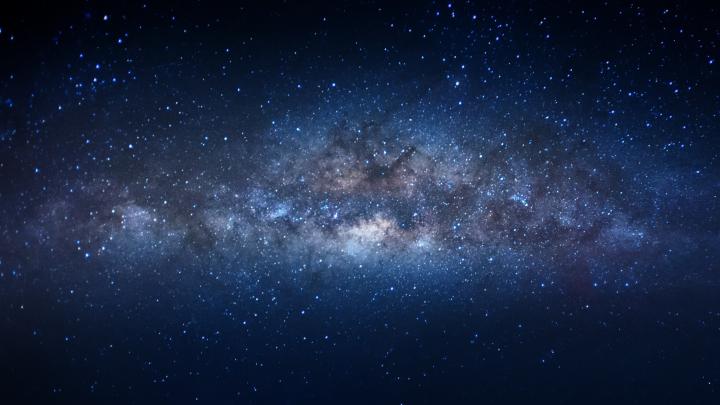Wrocław students in the European Space Agency programme
 Source: Wrocław University of Science and Technology
Source: Wrocław University of Science and Technology
The project of students from Wrocław University of Science and Technology, in which they want to check the operation of a special gripper in microgravity and vacuum conditions, has been qualified for the REXUS/BEXUS programme. The programme is realised in collaboration with the European Space Agency.
The project of Wrocław students named TRACZ (Testing Robotic Application For Catching in Zero-G) is designed to check whether it is possible to use a jamming gripper in microgravity and vacuum conditions - Michał Ciepielski from the Wrocław University of Science and Technology press office told PAP.
According to Aleksander Gorgolewski, a student of the Faculty of Mechanical and Power Engineering of the Wrocław University of Science and Technology and a member of the project team "Space is More", this gripper is much more versatile than traditional grippers, because it adapts to the shape of the object. "It can be used to move glass objects or items with very complex structures" - says Gorgolewski, quoted in the Wrocław University of Science and Technology release.
Jamming gripper consists of a diaphragm filled with a granulate, operated by means of pressure difference manipulation. Inflated balloon adapts its shape to the target object, and after the air is sucked out, the granulate inside the balloon hardens and the membrane tightens on the object, allowing to move it.
Gorgolewski explains that the technology used in the gripper does not even have a Polish name yet. "Although it is relatively young and still being developed, it is already used in industry" - the student says.
Wrocław students are finishing the device project and preparing to build a prototype. They have already visited the Esrange Space Center in Kiruna, Sweden, where they met with experts.
If their project receives positive evaluation results, their device will be on board of one of the two rockets that will be launched into space in March 2019.
The REXUS/BEXUS programme, for which the Wrocław students' project has qualified, is realised under a bilateral Agency Agreement between the German Aerospace Center (DLR) and the Swedish National Space Board (SNSB) in collaboration with the European Space Agency.
Each year, two rockets and two balloons are launched, carrying research equipment designed and built by selected student teams. This allows to test the equipment at altitudes of about 30 km (balloon) and over 80 km (rocket).
The project of the Wrocław students is co-financed by the Ministry of Science and Higher Education grant "Best of the Best 2.0". (PAP)
author: Piotr Doczekalski
pdo/ ekr/ kap/
tr. RL
Przed dodaniem komentarza prosimy o zapoznanie z Regulaminem forum serwisu Nauka w Polsce.














